In recent months, Nigeria has grappled with escalating political tensions and economic challenges, prompting President Bola Tinubu to call for national unity. The administration’s decision to remove fuel subsidies and devalue the naira has led to significant public unrest, with inflation rates soaring to over 24% and transportation costs doubling. These measures, intended to liberalize the economy and attract foreign investment, have disproportionately affected urban poor and rural communities, intensifying economic hardships. (gisreportsonline.com)
The economic strain has been further exacerbated by a severe hunger crisis, with projections indicating that 33 million Nigerians could face food insecurity by August 2025. This situation is attributed to high inflation, rising food prices, and increased transportation costs, all of which have significantly eroded the purchasing power of ordinary citizens. (reuters.com)
In response to these challenges, President Tinubu has undertaken a cabinet reshuffle, dismissing five ministers and appointing seven new ones. This move aims to enhance the administration’s efficiency in addressing the nation’s economic difficulties. However, the reshuffle has been met with criticism, as the country continues to face its highest inflation in 28 years and a significantly weakened naira currency. (apnews.com)
The political landscape has also been marked by regional tensions, particularly concerning proposed tax reforms. Northern leaders have expressed strong opposition to the reforms, arguing that they favor southern states and exacerbate the historic north-south divide. The proposed changes to the Value Added Tax (VAT) distribution method have stalled in parliament due to these disputes. (ft.com)
Amidst these challenges, President Tinubu has emphasized the need for national unity. He has called for a government of “national competence,” focusing on ability and performance over political considerations. This approach aims to bridge the deep-seated ethnic and religious divisions that have surfaced during the election period. (premiumtimesng.com)
Despite these efforts, the nation remains divided, with economic hardships and political rifts overshadowing celebrations of national milestones. The cost of living crisis, high energy costs, and demands for restructuring and a new constitution reflect the public’s frustration with the current state of affairs. (guardian.ng)
Nigeria’s current situation underscores the urgent need for cohesive leadership and comprehensive reforms. Addressing the economic challenges and fostering national unity are imperative for the country’s stability and progress.


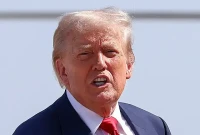

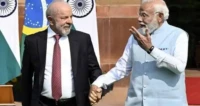
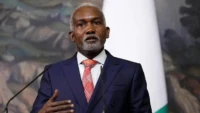

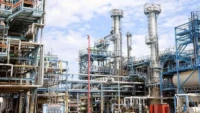

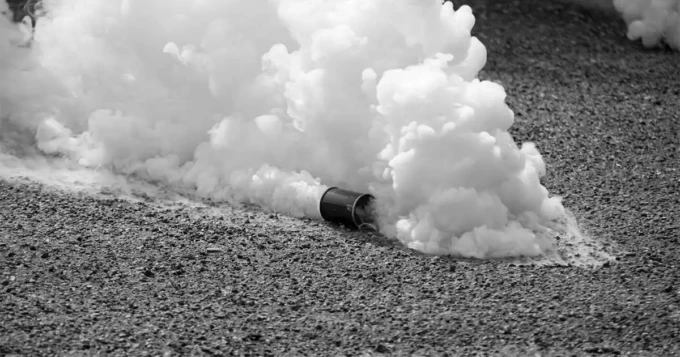

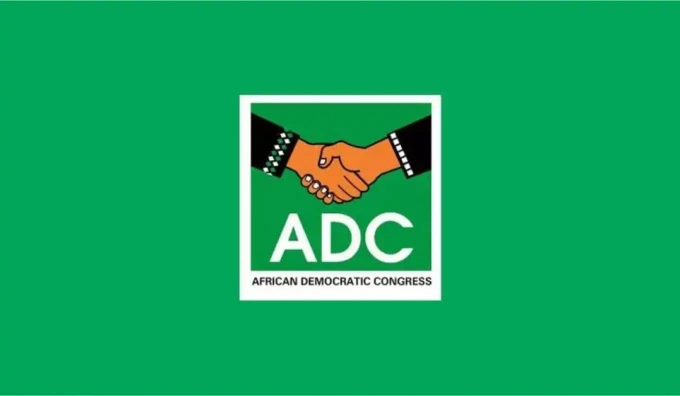
Is unity really achievable in Nigeria amid the current political and economic turmoil? Lets discuss! 🤔🇳🇬 #NigeriaUnityDebate
I dont get why the president keeps talking about unity when the country is facing serious issues. Actions speak louder than words!
I think the Presidents call for unity is just empty words. Actions speak louder than speeches. Time for real change!
Is unity really the answer to Nigerias problems? Maybe we need more than just empty words from the President.
Is unity possible amidst such deep-rooted tensions? Presidents words seem empty without concrete actions. Lets see some real change!